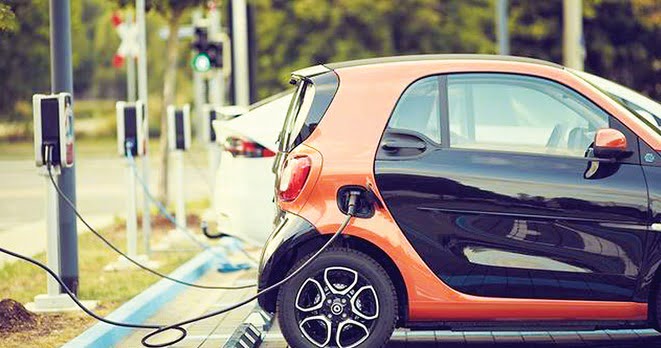Studies show that electric vehicle (EV) sales in Saudi will increase with a projection of 1.3 million EVs sold in the next 8 years.
Electromin, an e-mobility turn-key solutions provider under Saudi’s lubricants company Petromin, announced the rollout of electric vehicle charging points across Saudi.
The network includes 100 locations across the country powered by a customer-centric mobile application, the company’s officials announced at a ceremony in Riyadh.
It will enable drivers to go on long journeys with easy access to EV charging stations.
In addition, Electromin’s charging network will offer a complete spectrum of services — from AC home/office chargers, DC fast chargers, all the way through to DC ultra-fast chargers, catering to all customer segments.
According to a statement, the chargers installed in phase 1 will be compatible with all homologated vehicles approved by the Saudi Standards, Metrology, and Quality Organization using AC Type 2 connectors. The second phase will include additional AC chargers and DC chargers up to 360kW, effectively allowing users to add up to 100 kilometers in 4 minutes.
The app will show all charging locations within the selected Petromin Express and Petromin AutoCare outlets in early May. It will allow customers to locate the nearest public charger, plan their route, check the status of the charger to ensure it is available, and allow them to fully control the start and finish of their charging session. The app will also facilitate payments and bookings.
This comes in line with Saudi’s priorities and commitments of achieving net-zero greenhouse gas emissions by 2060 and 30 percent of vehicles in Riyadh being electric by 2030.
Last month, the Saudi government has agreed to buy between 50,000 and 100,000 electric vehicles within ten years from Lucid Motors, which is part-owned by the Kingdom’s Public Investment Fund (PIF), the Saudi Ministry of Finance said in a press statement




